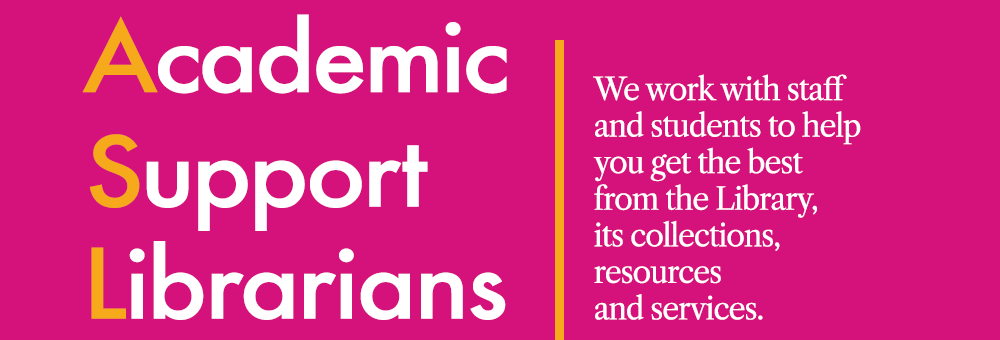As part of the 2022 Dissertation Festival, running from 7th-18th March and facilitated by the Academic Support Librarians, Digital Skills and IAD teams, I was invited to attend an online event exploring how to make the most out of resources related to Gender Studies in your dissertation. A recording of the event is available to watch (42 minutes):

Beginning your search with Subject Guides
Throughout my time as both a Digital Engagement Intern within Library & University Collections and an undergraduate student, I’ve become aware of just how valuable the virtual Subject Guides are for beginning your research, whatever your field of study. The Gender Studies Subject Guide provides access to databases, journals, periodicals, bibliographies and so much more, as well as initiatives and research projects conducted at the university.
Going beyond DiscoverEd
Of course, DiscoverEd is a fantastic tool for navigating the rich resources available through the university, and this event was a great reminder than you can improve the scope of your searches further through Boolean operators and considering the terminology you use. Although the terms we use around gender and sexuality have progressed, it’s worth recognising archaic terms, particularly when accessing historical databases. This event also highlighted the new Yewno service which allows you to build visual maps through cross-referencing keyword searches across library databases. All you need to do to access it is log-in via your institution and there are lots of handy instructional videos to help you get started!
Accessing the Centre for Research Collections
The second half of the event discussed some of the collections held by the university, including the Lothian Health Service Archive which contains a wealth of health-related material. A key takeaway for me was in recognising the multidisciplinary nature of Gender Studies and how much material is available in other historical archives and databases. I was a bit daunted about accessing the Centre for Research Collections at first but having a clear idea of what you’re looking for and using the support materials available online will help you get the most of it the rich resources within them.
Whatever your topic, the Dissertation Festival has a wide range of online events which will help you get the most out of the resources available to you.
Tristan Craig
Digital Engagement Intern (Equity, Diversity and Inclusion)

